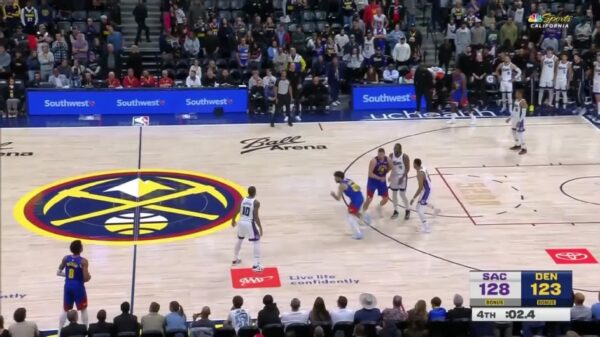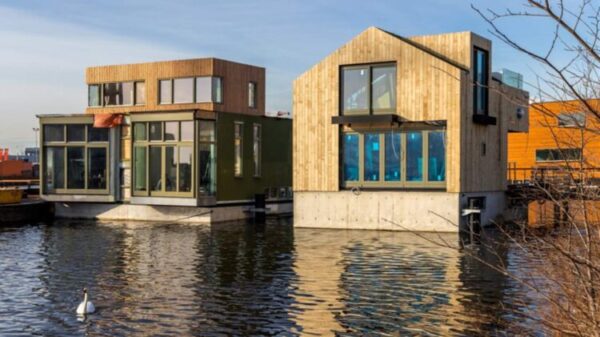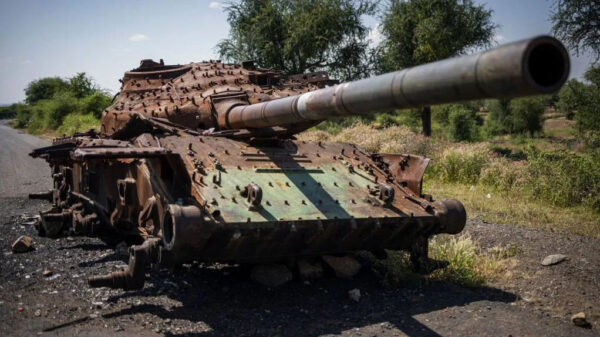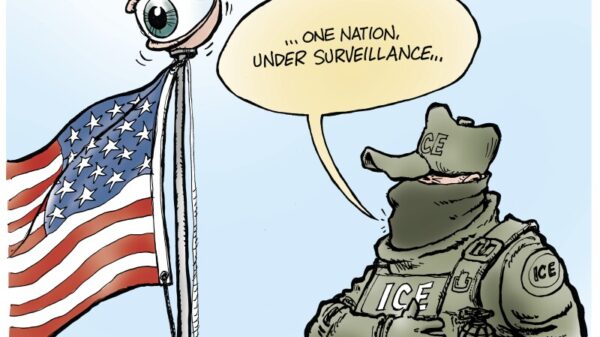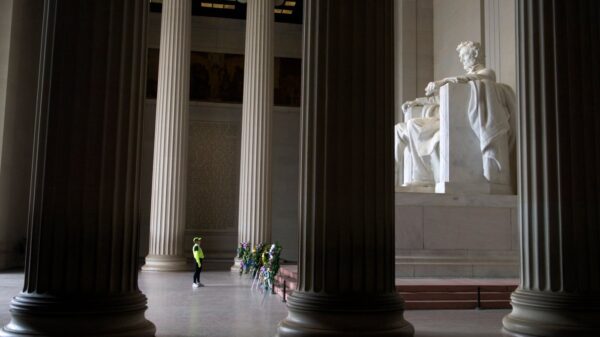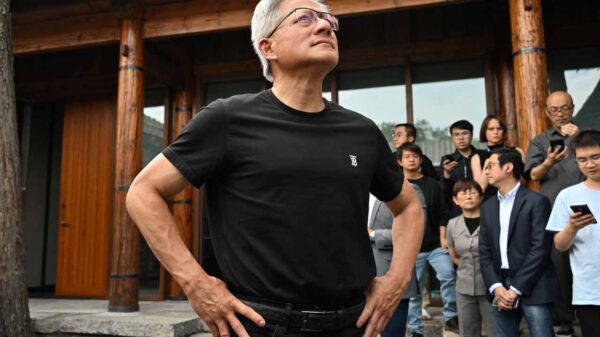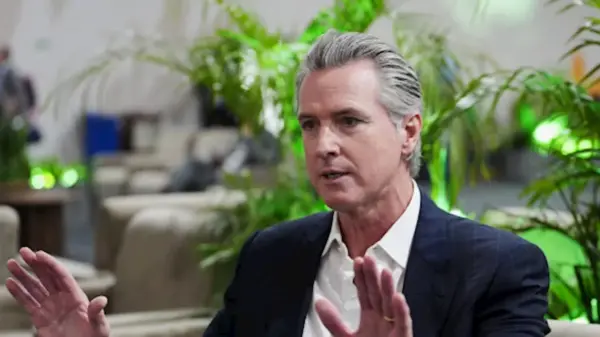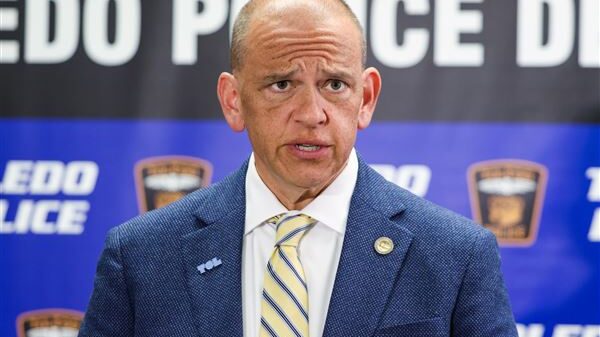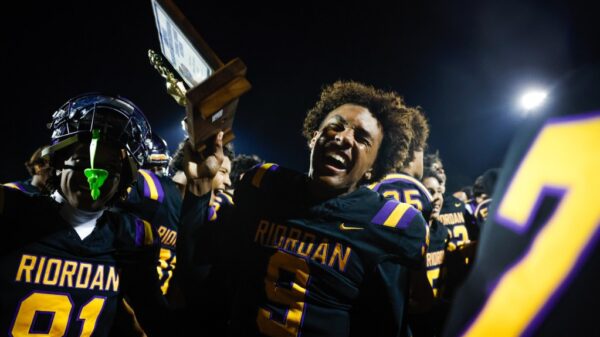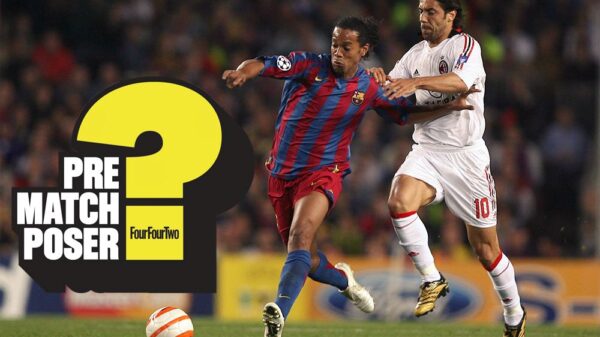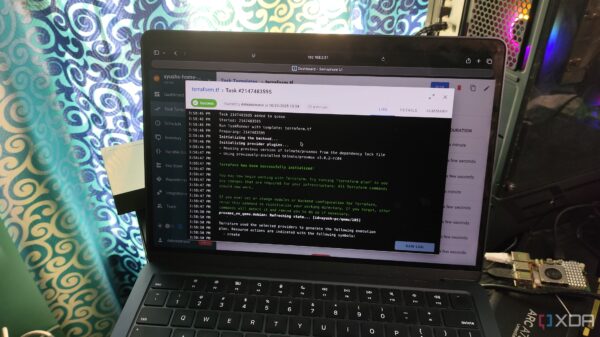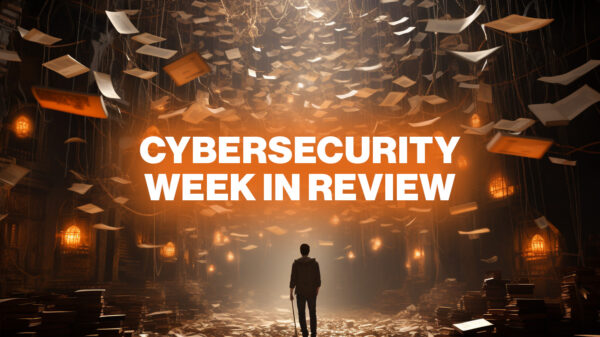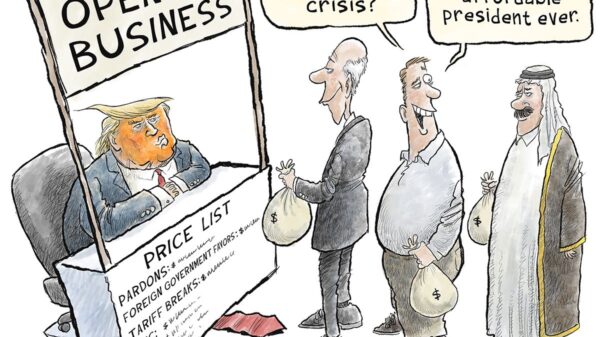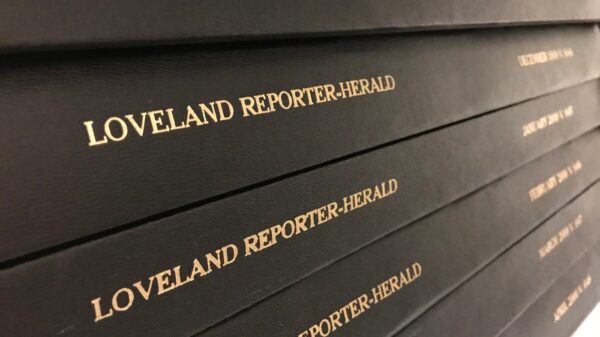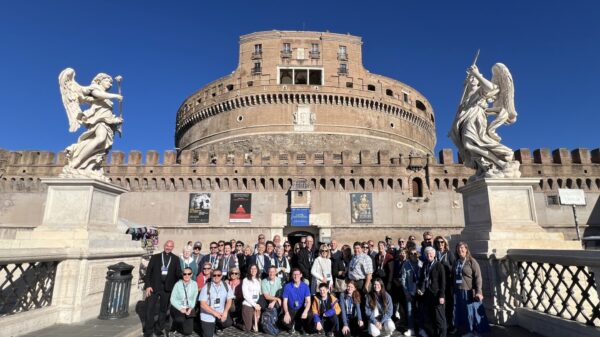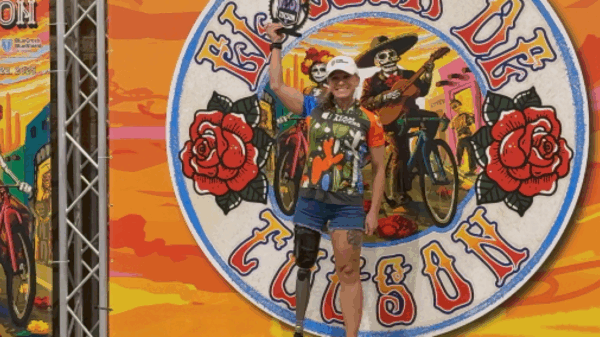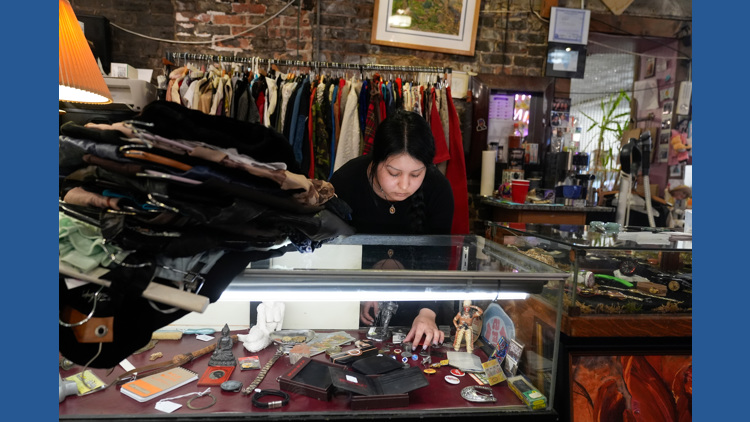The city of Chicago is grappling with a significant fallout from an intensified immigration crackdown initiated under the Trump administration. This aggressive enforcement strategy has led to thousands of arrests, stirring legal challenges and widespread anxiety among immigrant communities.
The crackdown, which began in earnest during the early days of the Trump presidency, has escalated in recent months. According to the American Civil Liberties Union (ACLU), Chicago has seen a marked increase in arrests made by Immigration and Customs Enforcement (ICE). Local officials and community advocates express deep concerns over the impact of these actions on public safety and community trust.
A series of lawsuits have emerged as a response to the crackdown. In March 2024, Cook County filed a lawsuit against the federal government, claiming that the enforcement actions violate the rights of residents. The suit argues that the increased presence of ICE agents has created a climate of fear, deterring individuals from reporting crimes or seeking essential services.
Legal Challenges Intensify
The legal landscape surrounding immigration enforcement in Chicago is becoming increasingly complex. Local organizations, including the ACLU, have joined the fight, asserting that the federal government’s tactics infringe upon constitutional rights. They argue that these actions disproportionately affect communities of color and immigrant populations, leading to unjust detentions and deportations.
In response to the rising number of incidents reported, the U.S. District Court has begun to hear cases challenging the legality of ICE operations in urban areas. Advocates claim that the government has failed to provide necessary oversight, allowing for arbitrary detentions that violate due process rights.
The lawsuits are not the only consequence of the crackdown. Anxiety levels within immigrant communities have surged, with many individuals fearing separation from their families or potential deportation. Local community centers are reporting increased inquiries about legal assistance and resources, as residents seek guidance on how to navigate an uncertain environment.
Community Response and Future Implications
As the situation develops, community leaders are calling for more protective measures at the local level. Chicago’s mayor has expressed support for immigrant rights, emphasizing the importance of fostering a welcoming environment. Some local officials are advocating for sanctuary policies that would limit cooperation with federal immigration authorities, aiming to reduce the fear permeating immigrant neighborhoods.
The implications of this crackdown extend beyond legal battles. Chicago’s diverse population, which includes a significant number of recent immigrants, is essential to the city’s cultural and economic vitality. Disruptions caused by enforcement actions can have a ripple effect, impacting local businesses, educational institutions, and healthcare systems.
In conclusion, as Chicago navigates the aftermath of this intense immigration enforcement phase, the interplay of legal, social, and economic factors will significantly shape the city’s future. The ongoing lawsuits and community responses will likely serve as a bellwether for similar developments in cities across the United States. The situation remains fluid, with many eyes on Chicago as it seeks to balance enforcement with the rights and safety of its residents.


